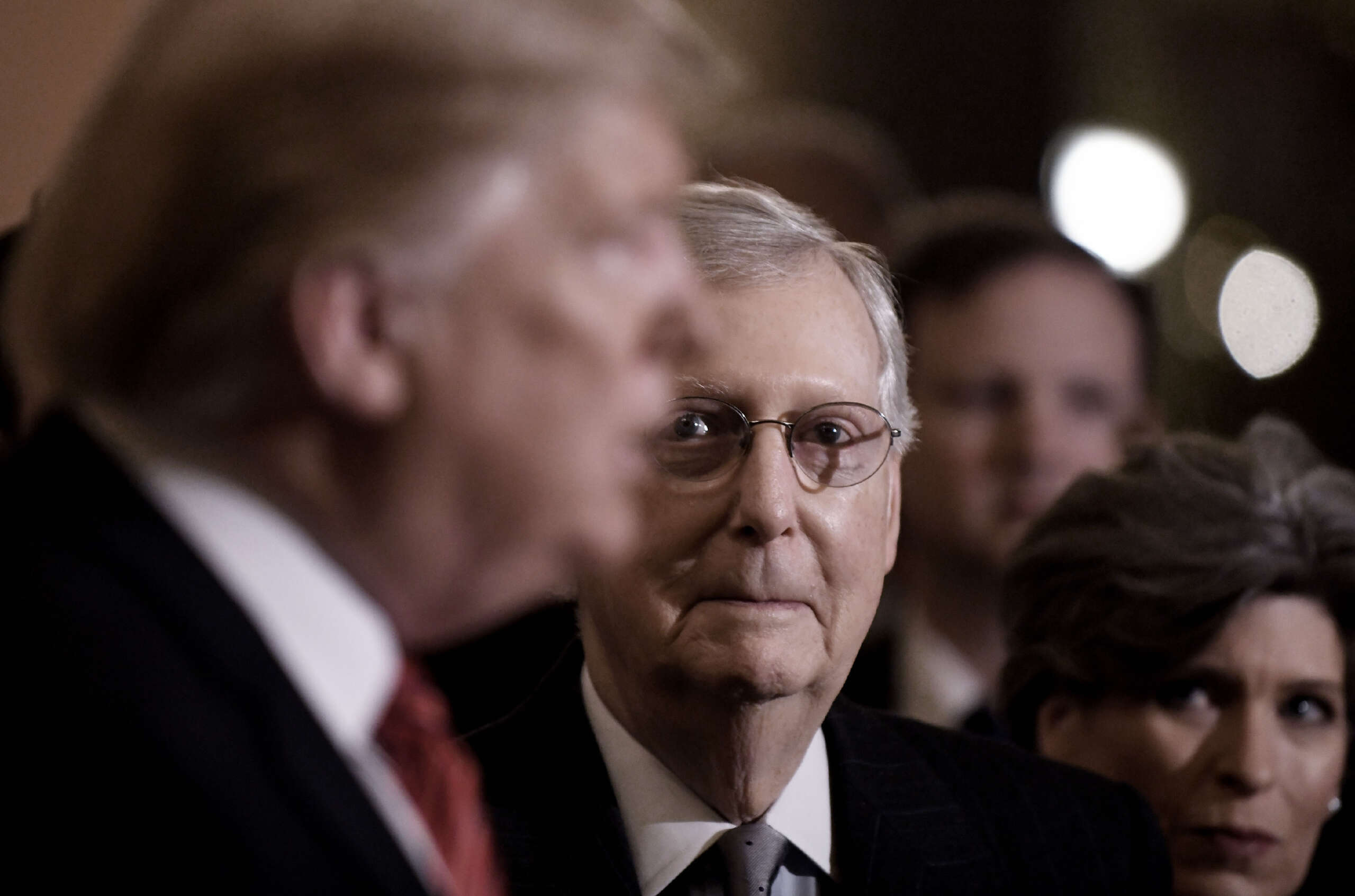Mitch McConnell’s political career has been a testament to strategic maneuvering, often at the expense of principles. His recent endorsement of former President Donald Trump for the Republican nomination showcases this willingness to prioritize expediency over integrity. This alliance, born from a history of contentious relations, underscores McConnell’s pragmatic approach to power dynamics within the GOP.
A Calculated Concession: McConnell’s Endorsement of Trump
Despite past clashes, McConnell’s endorsement of Trump symbolizes a calculated move to maintain influence within the Republican establishment. His decision to back a figure he once criticized as morally irresponsible highlights the complex calculus of political survival. By aligning with Trump, McConnell seeks to secure key policy objectives while navigating the shifting currents of partisan loyalty.
The Legacy of Compromise: McConnell’s Impact on American Politics
As McConnell prepares to step down from his leadership role, his legacy is marred by compromise and capitulation. While hailed for his strategic victories, such as reshaping the judiciary, McConnell’s legacy is also tainted by his willingness to overlook ethical breaches and divisive rhetoric. His silence in the face of Trump’s assaults on democratic norms underscores the enduring influence of political expediency over moral conviction.
In the twilight of his career, McConnell’s endorsement of Trump symbolizes a Faustian bargain, trading principles for power. As he exits the political stage, McConnell leaves behind a legacy defined by pragmatism and opportunism, a testament to the complexities of leadership in an era of polarization and partisanship.
